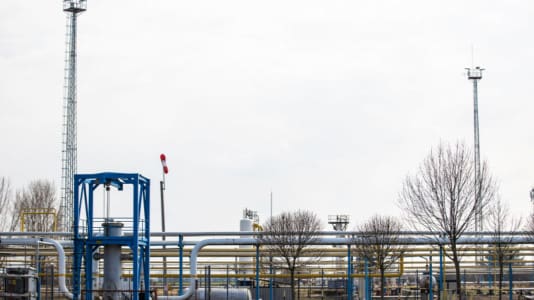As much of the rest of Europe sees natural gas prices soar, Hungary is experiencing the lowest household gas prices of any country, according to an analysis from the Financial Times.
The articles details how Europe is experiencing a gas crisis that is affecting the entire continent, but some countries have been hit harder than other. For example, the United Kingdom is experiencing gas prices that are 30 percent higher than its European neighbors.
Hungary has been an outlier in terms of household gas prices, with the country at the bottom of a ranking that includes Italy, Greece, Germany, Spain, France, and Estonia, among other countries. Hungary’s access to cheap gas is driven by its policy of ensuring stable and secure energy supplies from Russia. Although Hungary has supported NATO and condemns the Russian invasion of Ukraine, the government has argued that Hungarian families and businesses should not pay the cost of sanctions.
[pp id=48209]
Just last week, Hungary signed a deal that will ensure even more gas supplies from Russia, with Hungary’s foreign minister, Péter Szijjártó, stating that In September and October, Gazprom will deliver a maximum of 5.8 million cubic meters more natural gas per day to Hungary via Serbia than the amount specified in its long-term contract.
“The increased amount also contributes to the security of Hungary’s energy supply and to the fact that there is no need to introduce restrictions in the country due to a lack of natural gas,” he wrote about the deal.
Hungarian Prime Minister Viktor Orbán has decried the EU’s stance on sanctioning Russia, arguing that European households are the ones who suffer the most due to Europe’s actions. In July, Orbán said while describing the pan-European response to the Russian invasion of Ukraine that “at first I thought we just shot ourselves in the foot, but now it seems that the European economy shot itself in the lung, and that’s why it is now gasping for air.”
[pp id=43102]
Meanwhile, Germany’s Chambers of Industry and Commerce (DIHK) warns that German companies are failing to secure contracts for gas and electricity, which is bringing the German economy to a standstill.
“More and more companies are telling us that they no longer have a supply contract for electricity or gas at all. The tap is turned off in the truest sense of the word,” DIHK President Peter Adrian told the RND newsroom. “But without energy, no economy can run.”
German companies are also warning they may simply stop production.
“In the trades, a wave of insolvencies is rolling towards us because of the energy crisis,” said president of the Central Association of German Crafts, Hans Peter Wollseifer, to the Rheinische Post. “Every day, we receive emergency calls from companies that are about to stop production because they can no longer pay the enormously increased energy bills.”
Industry leaders and politicians have warned that Europe’s skyrocketing gas prices could produce major economic shocks in the coming winter, including layoffs, bankruptcies, and even civil unrest.
While Hungary has enjoyed relatively low gas prices, the country has still seen gas prices rise along with the rest of Europe, putting pressure on industry and fueling inflation.






